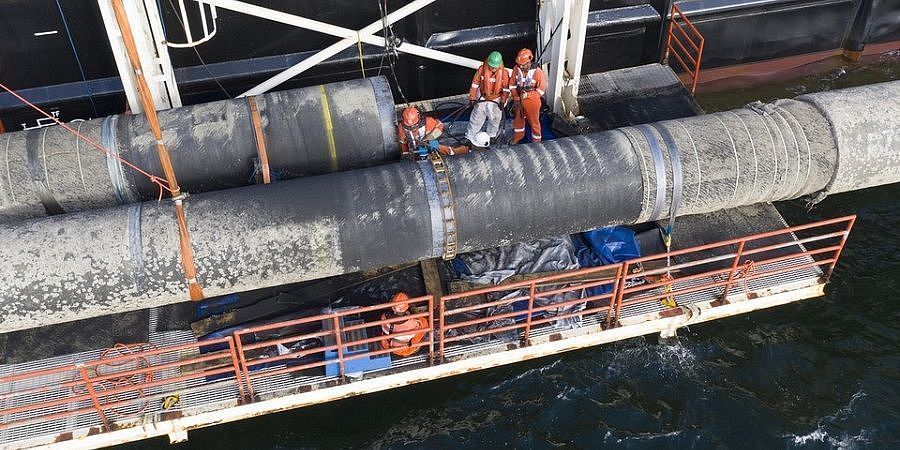This provides an important basis for the articulation of Polish interests, e.g. in the matter of the legal regime to which the Nord Stream 2 gas pipeline should be subject.
Proceedings concerning Nord Stream 2 's application for derogation from EU law are pending before the Higher Regional Court in Dusseldorf.
Polish PGNiG is an active participant of the proceedings.
Paweł Majewski, President of PGNiG, said:
- The principle of energy solidarity is fundamental and EU institutions are obliged to apply it when making decisions on energy matters
- We expect the energy solidarity principle to be applied to the Nord Stream 2 project
- The CJEU judgment significantly strengthens our position in this matter
Gazprom Export said in a statement:
- Although Gazprom Group companies were not a party to the process, we kept a close eye on progress in proceedings
- We are disappointed by the creation of artificial barriers for an effective usage of investments into the European gas transmission system
In 2016, the European Commission issued a new decision exempting OPAL from the need to apply EU rules prohibiting the monopolisation of transmission infrastructure.
In doing so, it allowed all of the pipeline's capacity to be used by a single user, Gazprom.
The Commission's decision was challenged by the Polish government, which was supported by PGNiG and Lithuanian, Latvian governments.
In their view, the EC failed to examine the impact of the regulatory exemption for OPAL on the energy security of these countries.
In 2019, the General Court of the EU agreed with Poland and found that the Commission's decision violated the principle of energy solidarity.
This ruling was challenged by the German government, which appealed to the court questioning the legal meaning of the energy solidarity principle.
OPAL is a pipeline, approximately 470 km in length, which runs in a southerly direction from the Nord Stream landing point in Lubmin near Greifswald as far as the Czech Republic.
Along the route, the gas pipeline with a transport capacity of 36 billion m3 of gas per year crosses German federal states of Mecklenburg-Western Pomerania, Brandenburg and Saxony.
To read the news in Russian





